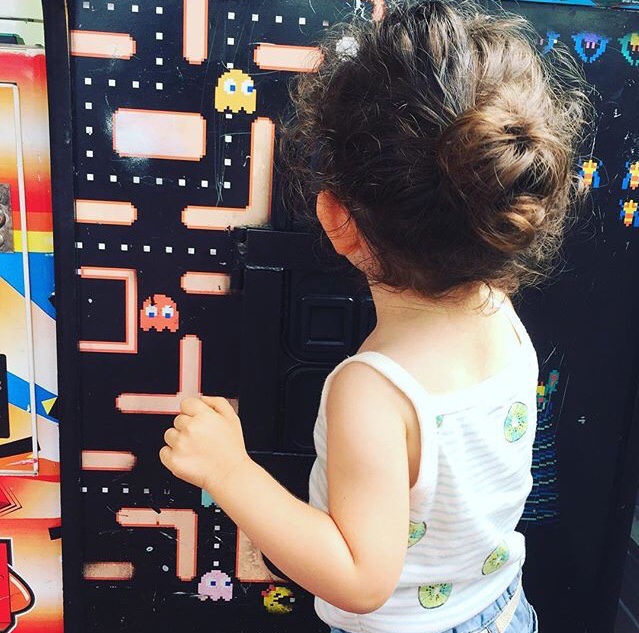
I was moved by the beauty and truth hidden in the words that psychologist Carl Jung used to describe “Giftedness”: ”Great gifts are the fairest, and often the most dangerous, fruits on the tree of humanity. They hang on the weakest branches, which easily break.”
The concept of “Gifted and Talented” refers to intellectually gifted children, but it also encompasses the concept of talent. Certain nuances exist among them that make them different. We speak about giftedness when a person has an intelligence quotient (IQ) equal to or higher than 130 points and exhibits an exceptional aptitude in intellectual areas.
On the other hand, a talented person is someone who excels solely in one or various specific areas of their life, performing normally in the other areas. This concept is the basic pillar of Gardner’s Theory of Multiple Intelligences.
Here, I will leave you some advice on how to accompany our little Einstein on the path of life.
7 Pieces of Advice to Help Your Gifted and Talented Child
- Observe and look for the voice of an expert. The importance of understanding and comprehending their brain will change your perspective, ability to empathize with them and channel all their potential. Certain signals like these should raise the alarm:
- They are babies that achieve the majority of their developmental milestones early (walking, talking, among others).
- They are observant, curious, thoughtful, and creative.
- They have an extraordinary memory, both short and long term, remembering every minute detail.
- They are hooked on cognitive games like puzzles, riddles, chess…
- They are generally self taught. They learn to read and write very early and their rich, varied, and advanced vocabulary draws attention as well.
- They exhibit a sense of independence, they are perfectionists, very sensitive and self critical, so it is difficult to educate them under demanding guidelines.
- Establish a democratic education pattern. It is necessary for personal development to live with rules and limits, but they should always be flexible, they should think about and negotiate their environment .
- Discover their interests and give them the opportunity to learn about and know the world that fascinates them although it may sound extravagant. Cities are full of cultural activities, libraries are overflowing with books, the internet is full of videos…
- Look for stimulating activities for them where they can find other children with the same characteristics. For example, Math Club, Chess Club, robotics… there is an endless amount of activities to choose from!
- Teach your child to value effort over ability. Challenge your little one to intellectual tasks to prepare them for failures and make them understand that dedication and perseverance are what make the difference.
- Find a heart-mind balance. Talk to them about their inner world: their emotions, feelings… searching for their self awareness and acceptance. In many cases they feel misunderstood which can lead to periods of depression or low self esteem.
- And remember that they are still a developing person, and not a ¨mini adult.¨ Eliminate labels, respect their maturing process, establish a close relationship with the school, and enjoy their journey through life.
Learn More:
- Stimulation of Mathematical Talent with Smartick
- The Importance of Playing in Childhood
- Chess for Kids: 3 Main Reasons to Teach It
- Learning Math in the Early Years
- “I Prefer My Son Spending Time on Smartick as Opposed to YouTube”
- Master Math! 10 Reasons to Help Your Child do Just That - 05/28/2020
- Why Do Children Believe That Things Happen? - 05/25/2020
- Is Self-Control Linked to Health? - 05/19/2020







